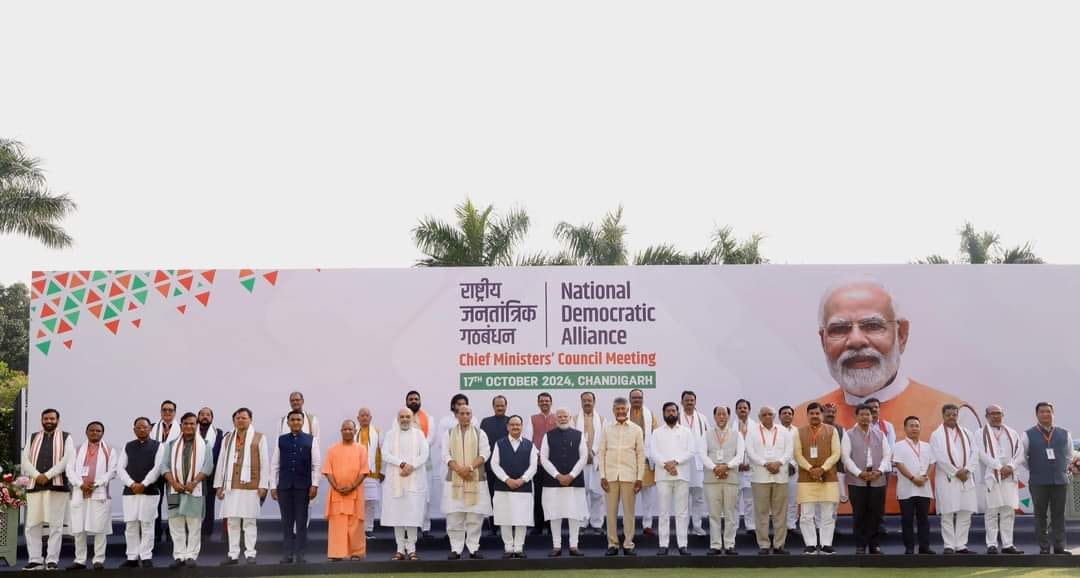
Have you been receiving calls or messages from unfamiliar WhatsApp numbers, asking if you’re interested in a part-time job that promises substantial returns for liking YouTube videos? If so, exercise caution as you may be on the brink of falling victim to a scam.
In the past two months, the Mumbai police have registered over 170 cases related to the ‘like and earn scam’ on YouTube. This online fraud preys on individuals by offering payment in exchange for generating likes on the popular video-sharing platform. For example, in May, the Mumbai police’s cyber cell apprehended six individuals for allegedly defrauding a 45-year-old resident of Colaba of Rs 25.35 lakh. During the same month, three people were arrested in Ajmer and Bhilwara, Rajasthan, for allegedly cheating a resident of Chembur of Rs 27.21 lakh.
A senior official from the Mumbai police revealed that these fraudsters approach people on WhatsApp, presenting them with part-time job opportunities to like YouTube videos. They claim to represent digital marketing firms engaged in brand promotion or video promotion, requiring an increase in the number of likes on social media platforms. Victims are added to Telegram groups and instructed to like the videos provided, subsequently being asked to share screenshots as proof. The scammers promise payment ranging from Rs 50 to Rs 150 for each ‘like’.
Initially, the victims are paid for their work to establish trust. However, as the scam progresses, the handlers request fees for higher-paying tasks, ranging from Rs 5,000 to even Rs 5 lakh, deceiving the victims. Additionally, victims may be coerced into paying substantial registration fees. Unfortunately, the scammers refuse or evade paying the victims their rightful earnings even after completing these tasks. To exacerbate matters, victims may be asked to pay further sums to receive their earnings or participate in more lucrative tasks, effectively ensnaring them in a vicious cycle.
“There are several warning signs here. First, the victims are approached directly for part-time jobs without any request for their resumes or completion of verification or KYC formalities. Moreover, the victims receive payments from various bank accounts rather than the purported company’s account,” added the Mumbai police official.
The scamsters employ multiple bank accounts to funnel, transfer, and ultimately withdraw the money obtained through the scam. “Some of these criminals operate from Maharashtra and may have connections abroad, including countries like China. They also convert the funds into cryptocurrencies,” stated the official. Certain scammers acquire SIM cards from foreign countries where KYC regulations are less stringent.
In light of these incidents, the Mumbai Police advises people against sharing personal information, bank account details, credit card or debit card information, Aadhaar numbers, PAN details, OTPs, or any identification documents with unknown entities. Furthermore, they caution against clicking on suspicious links or downloading any unfamiliar applications.
Stay vigilant and protect yourself from falling victim to such fraudulent schemes.





